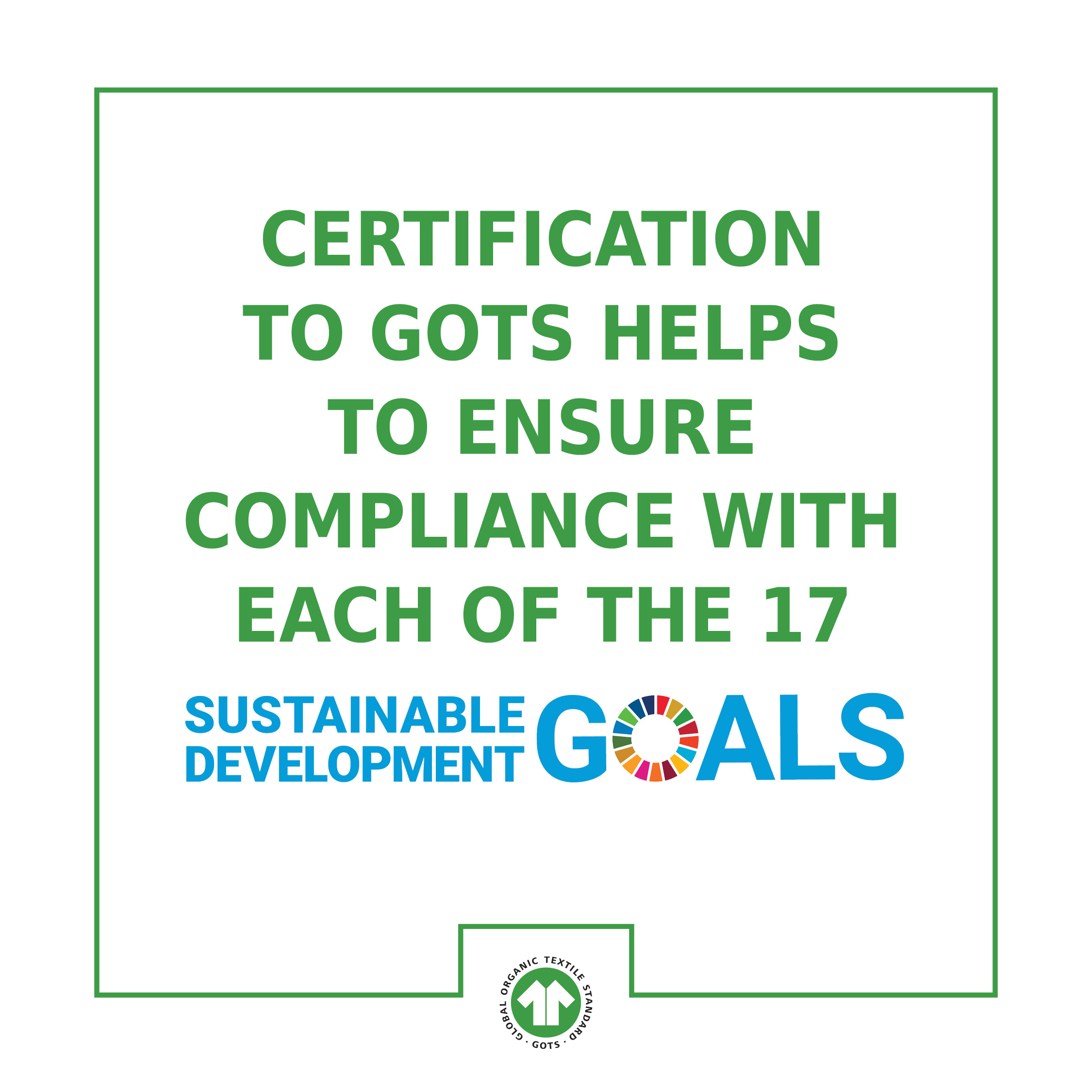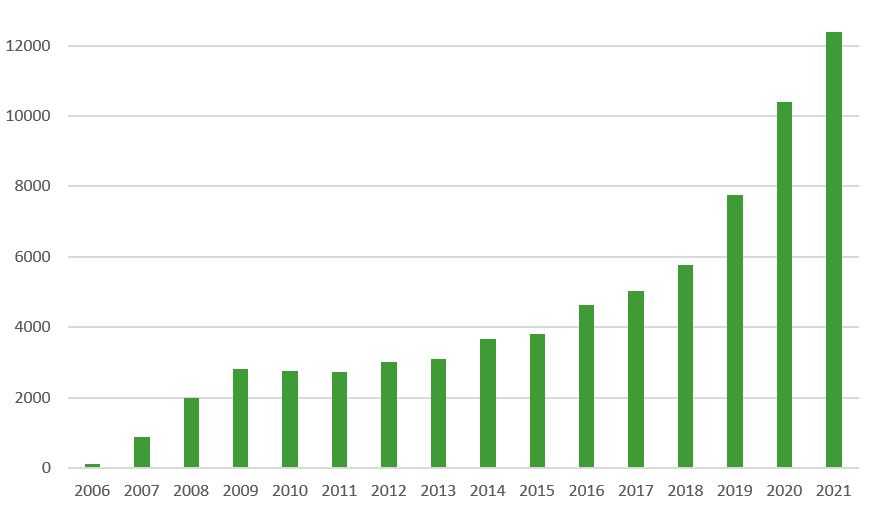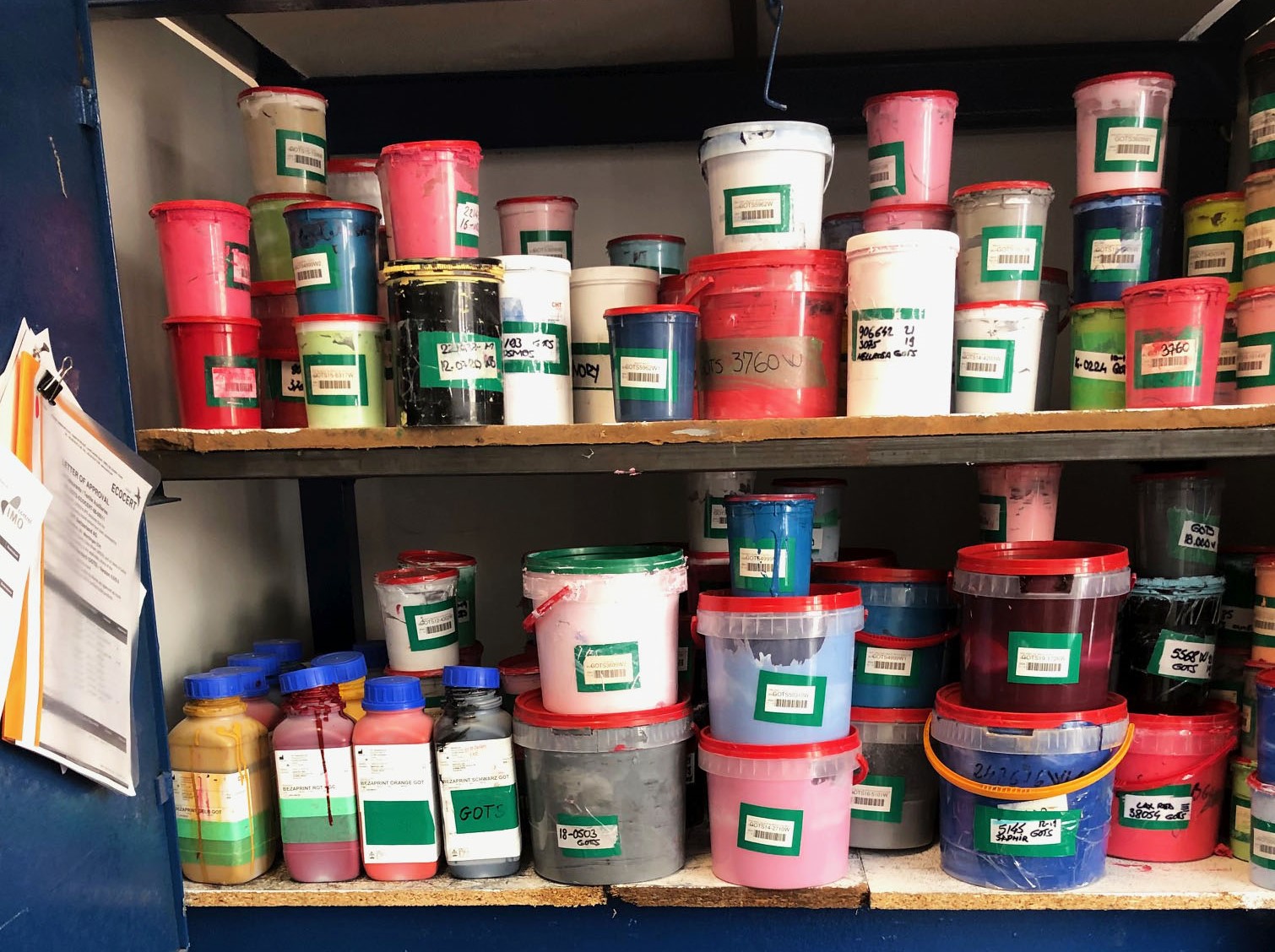Organic in Conversion Questions & Answers
-
What is 'organic in conversion'/ 'in transition'?
'Organic in conversion' describes the process of transition from 'conventional' to organic agriculture. This process usually requires 3 years.
'Organic in conversion' and 'organic in transition' refer to the same process. -
Does GOTS allow 'organic in conversion' labelling?
The label grade 'GOTS in conversion' is permitted in GOTS, where the certifying organic production standard permits it. GOTS requires the IFOAM Family of Standards, which encompasses private and nationally owned standards. Nationally owned standards are regulated by state legislation and are outside of the scope of private organisations such as GOTS.
-
How does 'in conversion' work on a farm level in combination with certification?
Moving away from 'conventional' agricultural practices to an organic management system requires a transition period referred to as 'in conversion' (IC) or 'transitional'. This transition period can take up to 3 years. During that time, farmers implement organic agricultural methods, build up soil health, and don´t use inputs prohibited in organic farming systems. Farmers are audited annually by Certification Bodies as per the requirements of the international organic production standards.
-
How does 'in conversion' work for GOTS products?
If the certifying production standards allow it, organic in conversion fibres (from the farm) can be processed in GOTS certified facilities. Separate storage and processing of conventional, organic and organic in conversion products are required. There is no separate audit for GOTS in conversion products required.
-
How to find GOTS 'organic in conversion' products?
Search for 'in conversion' in the free text field of the GOTS Certified Suppliers Database.
-
Are there already GOTS 'organic in conversion' certified products on the market?
Yes! Read our GOTS organic in conversion stories.





